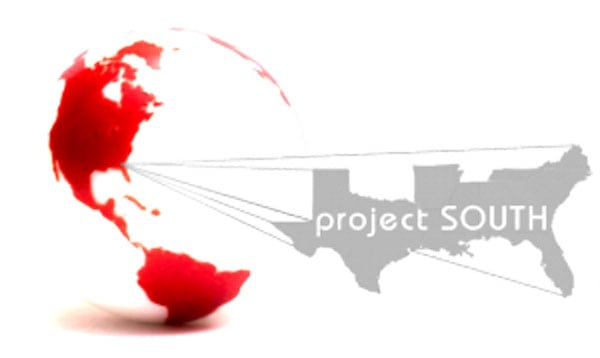
June 14, 2018; Courthouse News Service
Nonprofits and local governments partner in the delivery of numerous services that benefit communities. Common areas of partnership include parks-and-recreation activities, arts-and-cultural activities, and extracurricular educational offerings. At the same time, tension in nonprofit-government relationships can arise from the fact that while nonprofits partner with government, nonprofits also often serve as a voice that aims to hold governments accountable.
For example, an Atlanta-based nonprofit, Project South—working in Alabama, Florida, Georgia, South Carolina, Tennessee, and Texas—alleges that at least 16 cities in those states may be in violation of federal law by requiring state-issued identification prior to the delivery of utility services to residents.
“These localities, by basically denying these people access to utilities if they don’t have a Social Security number, are engaging in illegal behavior under federal law and violating people’s core human rights,” said Azadeh Shahshahani, legal and advocacy director at Project South.
Project South warned that the denial of utility services to people who can’t provide a Social Security number and a U.S. photo ID “overwhelmingly impacts Latino immigrants,” and could amount to violations of the Privacy Act as well as the Federal Housing Act.
Sign up for our free newsletters
Subscribe to NPQ's newsletters to have our top stories delivered directly to your inbox.
By signing up, you agree to our privacy policy and terms of use, and to receive messages from NPQ and our partners.
Cities receiving these notices included: Florence, Alabama; Fort Worth, Texas; Phenix City, Alabama; Clermont, Florida; Green Cove Springs, Florida; Groveland, Florida; Augusta, Georgia; Calhoun, Georgia; Loganville, Georgia; Anderson, South Carolina; Camden, South Carolina; Rock Hill, South Carolina; Dunlap, Tennessee; and Temple, Texas. According to Project South, letters were also sent to Auburn, Alabama and Cocoa, Florida, although officials in those cities deny receiving the letters.
Some cities, such as Fort Worth, that received notices denied this was a current practice. Others, such as Augusta, Georgia, reported ending the practice years ago (but not having changed their websites or other materials to indicate this). Other cities have not responded at all.
Project South—which has a four-pronged advocacy approach, including education, organizing, legal advocacy and movement support—has a history of such monitoring of local municipalities. You can read an example of one of the recent missives delivered to city mayors here.
Nonprofit scholar Elizabeth Boris describes the tension between nonprofits and government in the preface of her second edition of Nonprofits and Governments: Collaboration and Conflict, a popular text in many graduate level nonprofit and public administration degree programs. She states that “their relationship has long been both symbiotic and adversarial, with events and opportunities coloring or governing their interactions. The sector can cooperate on one issue while butting heads on another, continuously prodding the other to do more and do it better.”
It is in this spirit that Project South, and many other nonprofits around the country and the world, will continue to raise difficult questions—and yes, even allegations—where they see possible injustice, particularly for those in society whose voices cannot be raised without serious personal or legal consequences.
You can examine other examples of nonprofit legal advocacy in NPQ’s archives, such as raising an alarm on public school funding, eviction rates, and even a spotlight aimed at the highest political office in the United States.—Jeannie Fox













